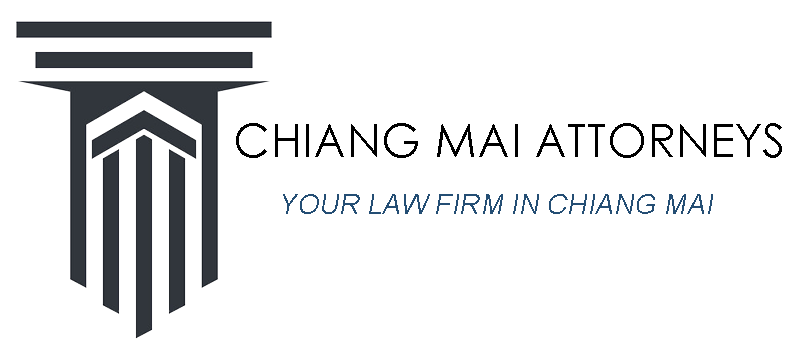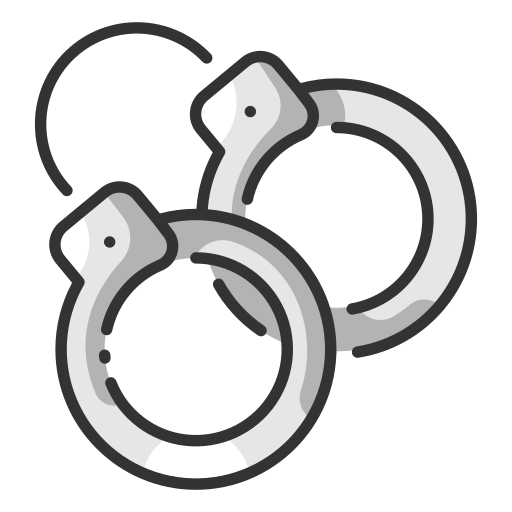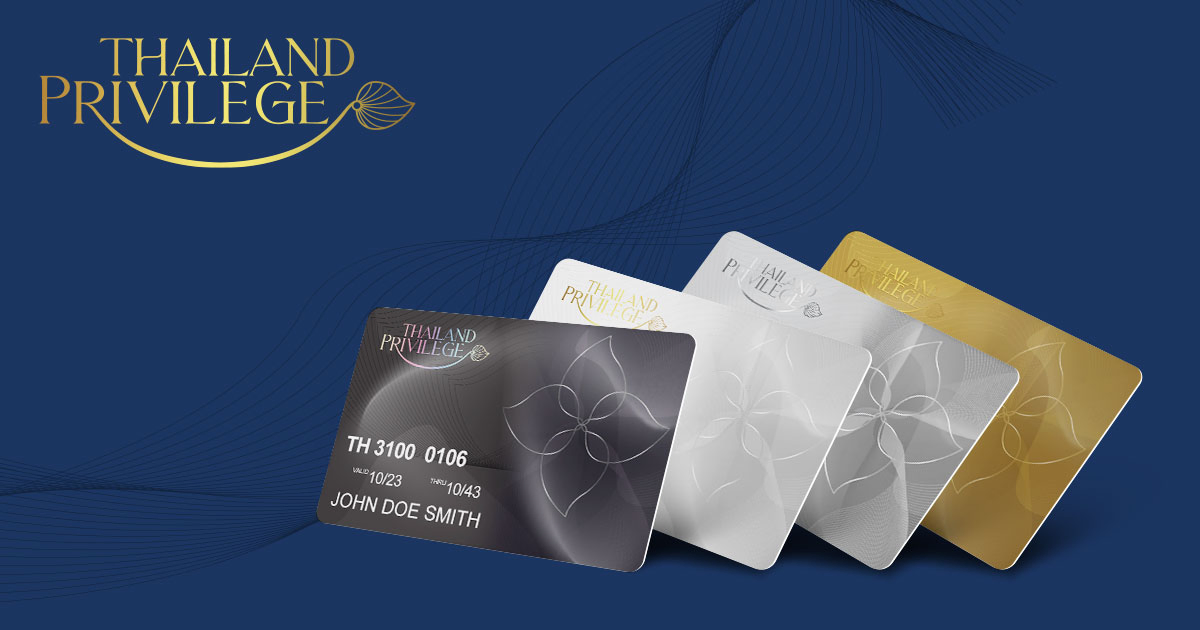Civil cases are lawsuits involving contracts and torts. They include commercial disputes, property issues, employment actions, personal disputes and debt collection.
In Thailand, a court of first instance will conduct a preliminary “investigative” hearing to determine whether the case has merit before it can proceed for trial. The judge is the sole arbitrator of the court’s proceedings.
Court of First Instance
The Court of First Instance serves as the starting point for any litigation in Thailand. This level of the court primarily handles civil disputes.
The court system in Thailand is comprised of courts of first instance, appeals courts and the Supreme Court (Dika). Specialized courts are also available, including labor courts, tax courts, family and juvenile courts, and international trade courts. Decisions rendered by these courts can be appealed to the court of appeals or the Supreme Court.
Within the Bangkok metropolitan area, there are three central courts, four provincial courts, and seven Kweang Courts. The Kweang Courts handle both criminal and civil cases with limited jurisdiction, and they feature speedy trials and oral or summarized judgments. Appeals against decisions of the Kweang courts are brought to the Supreme Court.
Court of Appeal
The Court of Appeal (Thai: ) handles all civil cases that are not designated to specialized courts and appeals from a judgment issued by the courts of first instance. The Supreme Court (Thai: , Dika court) is the highest court in Thailand and reviews appeals on questions of law from the Court of Appeal.
The judicial process in Thailand can be long and complex, and criminal litigation in particular can take years to complete. However, an experienced and capable lawyer will be able to work the system to their client’s advantage. They will ensure that the case proceeds smoothly by keeping clients updated on developments, and anticipating the actions of opposing counsel. In addition, they will be able to provide advice on how best to present evidence to the judge.
Court of Military Court
In Thailand, there are many types of courts: district courts, courts of first instance, appeals courts and the Supreme Court or Dika court. In general, losing parties in a trial may file an appeal against the verdict at an appeals court.
The Ministry of Justice is responsible for the administrative works of all courts. However, the judicial affairs and the judicial technical affairs of the Court of Justice are separately managed to ensure that these courts function independently from any political influence.
In Thailand, civilians charged with lese majeste offences or accused of a crime that could be interpreted as insulting the monarchy have been put on trial in military courts. This is a violation of their right to a fair trial. Furthermore, it has been reported that military courts often delay the issuance of a witness examination date and thus make it difficult for witnesses to prepare for their testimonies.
Constitutional Court
The Constitutional Court, whose members are appointed by the King and serve one seven-year term, has largely been active in validating the constitutional framework laid down by the junta. The Court has ruled on a wide range of issues, including referendums, royal decrees, draft legislation and political parties.
In its 7 March ruling on the Thai Raksa Chart Party, it used the concept of militant democracy (defined as “self-defending democracy”) to build its constitutional interpretation. It argued that allowing the Princess, stripped of her royal titles, to run for office would undermine democracy and turn Thailand into a ruling monarchy.
The Court has gained an ambivalent reputation in the field of comparative constitutional law for its power to dissolve political parties and invalidate elections in the name of protecting democracy. It has also used its authority to silence critics of the junta with the use of lese-majeste and computer crime laws.
Provincial Courts
The court system in Thailand is based on the Constitution and statutes. It consists of courts of first instance (Courts of First Instance), Courts of Appeal and the Supreme Court.
The judicial branch acts as a check on the Executive and Legislative branches of government. It also serves to ensure that law is upheld and applied equally.
The court system in Thailand varies greatly from that of other jurisdictions and is very different from Canadian legal practice. It does not use the continuous trial method and pleadings are submitted in the native language. Testimonial and documentary evidence in a foreign language must be translated into Thai. The prosecutors present evidence to establish the guilt of an accused and request the court to punish him or her in accordance with the provisions of the law.








0 thoughts on “Civil and Criminal Cases in Thailand”